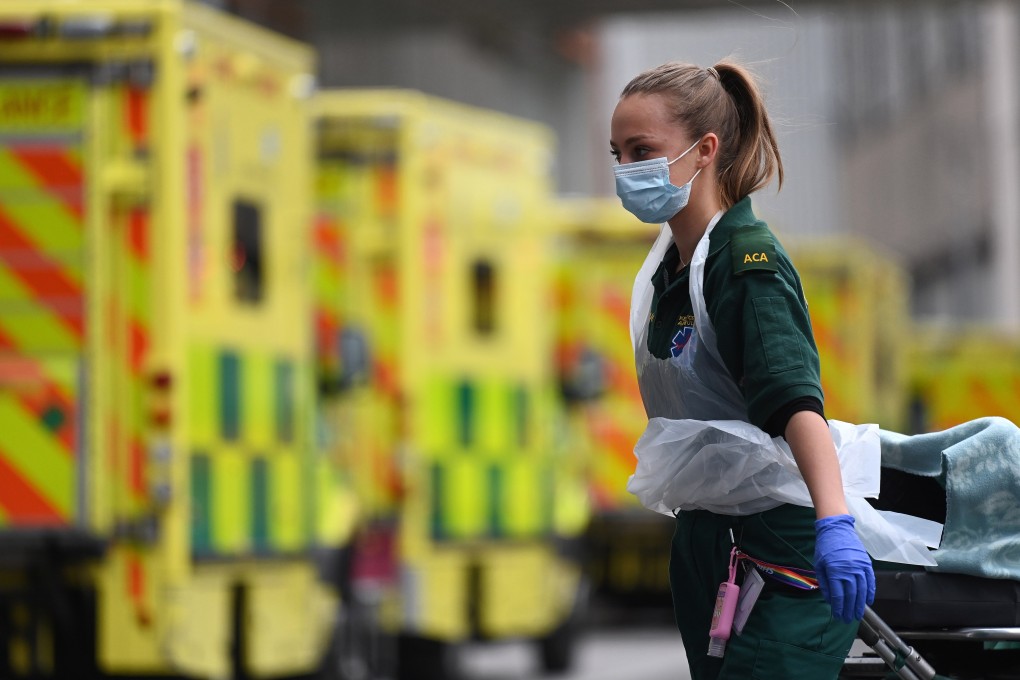Britain’s NHS ‘overreliant’ on China for medical supplies, report says
- National Health Service spent more than US$7 billion on Chinese-produced medical products in 2021, according to British think tank Civitas
- Spending on imported medical supplies from China has tripled since 2019, the report found

Britain’s National Health Service has become “dangerously overreliant” on China for medical supplies, with the health agency spending more than £6 billion (US$7.4 billion) on Chinese-produced medical products last year, according to a new report by British think tank Civitas.
The list includes more than 200 items, ranging from medicines and medical devices to personal protection equipment and disinfectants. No duties or value-added tax (VAT) are paid on imported items on that list.
“Let’s not be naive about China. This is an urgent issue for health bosses with the risk that future geopolitical spats could lead to the Chinese switching off critical medical supplies destined for the NHS,” he added.
The NHS did not immediately respond to a request for comment on Tuesday.
